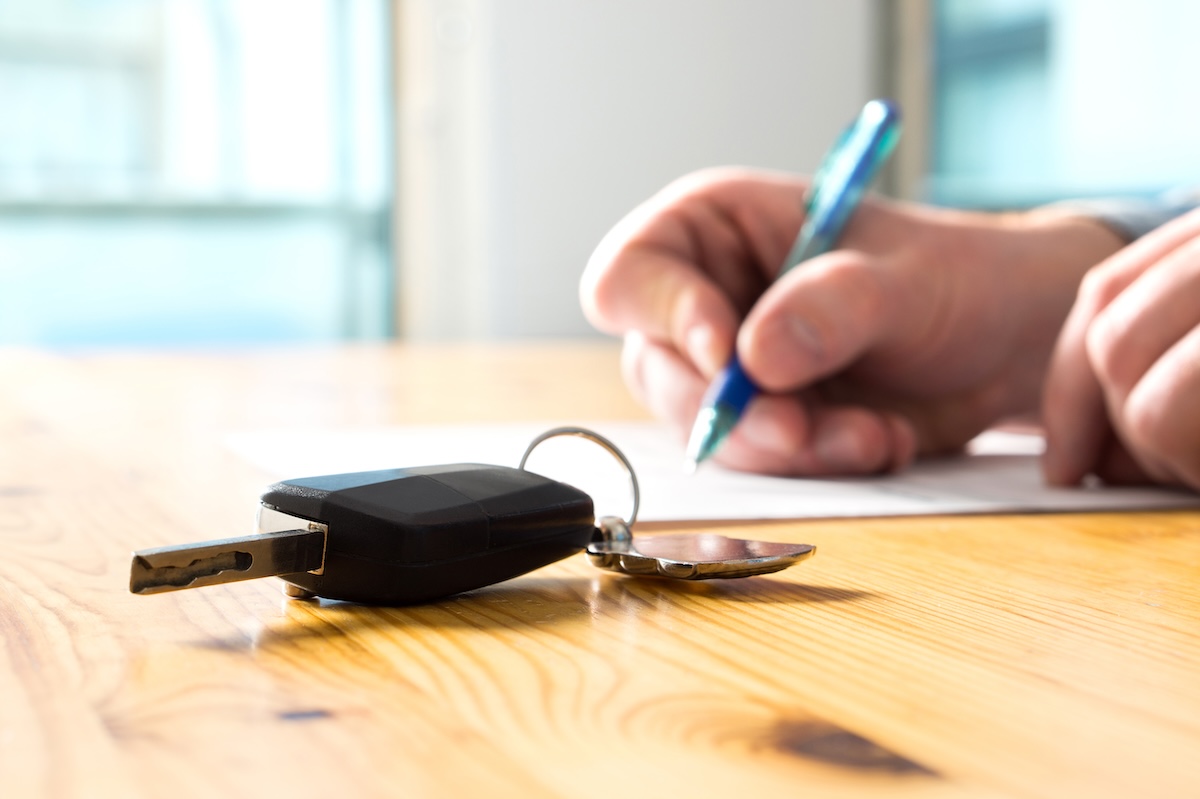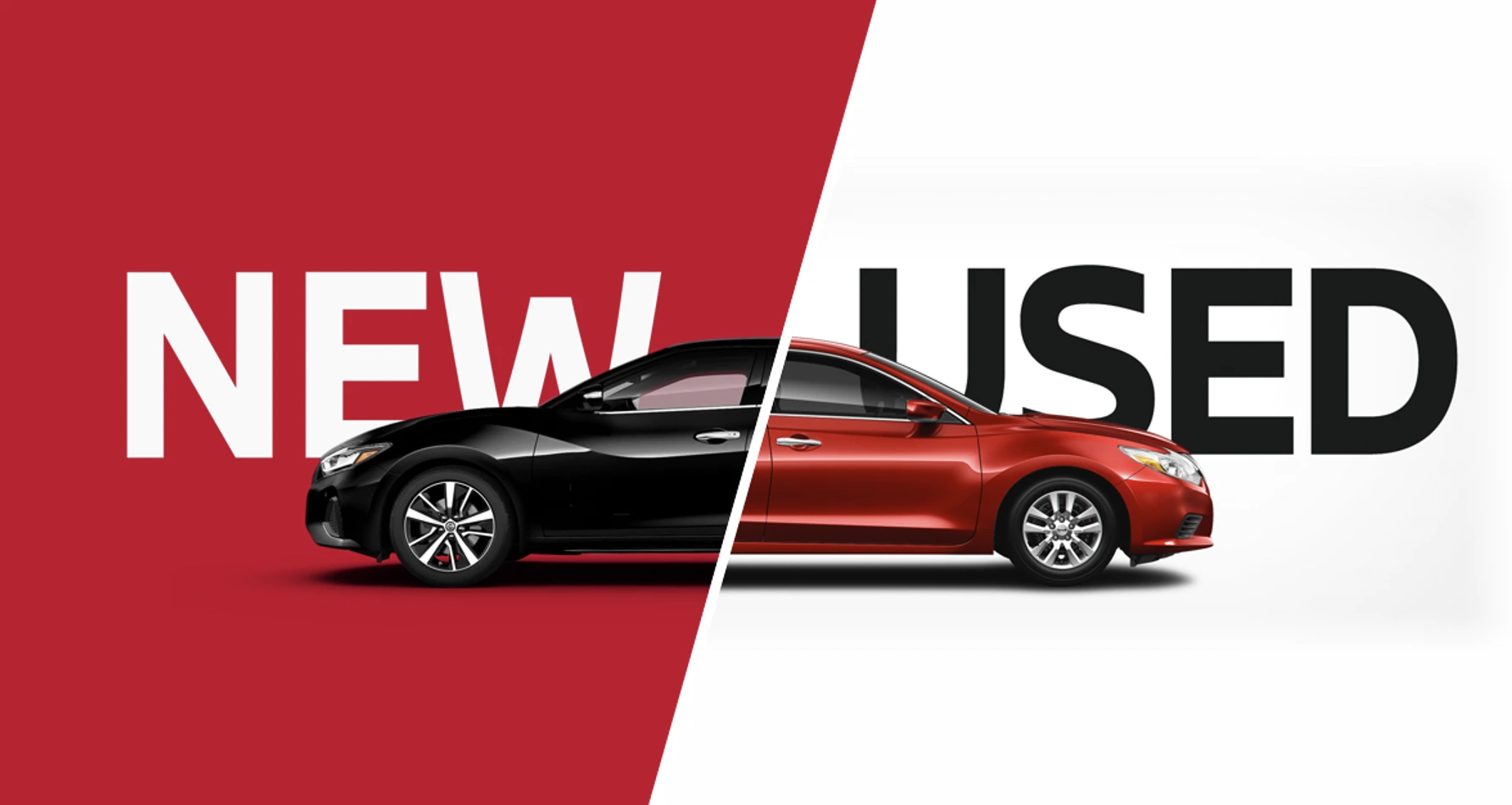_1736240197.webp)
Table of Content
▼Buying a used car can be a smart financial decision, but ensuring you have all the necessary documents is crucial for a smooth and hassle-free transaction. Here’s a comprehensive list of documents you should collect when purchasing a used car:
1. Registration Certificate (RC)
- The RC book/card proves that the car is legally registered with the Regional Transport Office (RTO).
- Verify that the RC contains the correct details, such as the car’s registration number, owner's name, engine number, and chassis number.
2. Insurance Documents
- Ensure the car has valid insurance. Check whether it’s third-party or comprehensive coverage.
- If you’re transferring ownership, you must also transfer the insurance to your name.
3. Pollution Under Control (PUC) Certificate
- A valid PUC certificate confirms that the car complies with environmental standards.
- Ensure the certificate is up-to-date.
4. Sale Agreement
- Prepare a sale agreement to document the transaction between the buyer and seller.
- This should include details like the agreed price, condition of the car, and any warranties provided by the seller.
5. Form 29 and Form 30
- These forms are mandated by the RTO to initiate the ownership transfer process.
- Form 29 is a notification of the sale, while Form 30 is the application for transferring ownership.
- Ensure both are duly signed by the seller.

6. Service Records
- Ask for the car’s service history to understand how well it has been maintained.
- Look for regular service intervals and major repairs, if any.
7. Road Tax Receipt
- Confirm that all road taxes have been paid by the previous owner.
- Unpaid road tax could become your liability after the purchase.
8. No Objection Certificate (NOC)
- If the car is registered in a different state, you’ll need an NOC from the original RTO to re-register it in your state.
- Additionally, if the car was financed, ensure an NOC from the lender stating that the loan has been cleared.
9. Owner’s Manual
- The owner’s manual contains crucial details about the car’s operation, maintenance, and features.
- Having this document is helpful for long-term care of the car.
10. Duplicate Keys
- Ensure you receive all sets of keys, including spare keys, to avoid future inconvenience.
11. Warranty Documents (if applicable)
- If the car is under a manufacturer’s or extended warranty, ask for the warranty paperwork.
- Confirm its validity and terms.
12. Challan Clearance
- Check for any pending traffic fines or challans on the vehicle.
- The seller should clear all dues before completing the sale.
By thoroughly checking and collecting these documents, you can ensure a transparent transaction and avoid potential legal or financial troubles down the line. Always verify document authenticity to stay safe.
Also Read: Ninety One Cycles Achieves 3 Million Bicycle Sales and Expands into Electric Mobility
Neha Mehlawat
Neha Mehlawat is an automotive journalist and industry analyst with 10+ years of experience covering cars, bikes, and mobility trends. She tracks the latest launches, technology upgrades, and policy changes in the auto sector, delivering sharp insights that help readers stay ahead in the fast-evolving world of automobiles.



_1772434876.webp)
_1772098099.webp)


